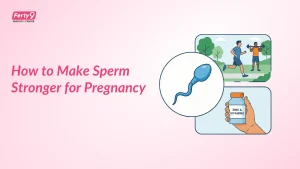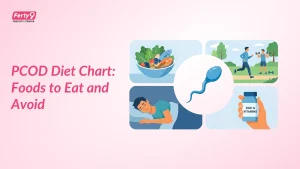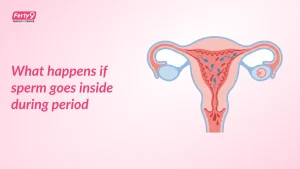Male infertility hospital in Hyderabad has the required infrastructure to treat infertility among men. The best male infertility specialist in Hyderabad is worth the try.
The aging process does affect male fertility and the factors causing it are not yet fully understood up to now. Usually, the amount of produced sperm cells, as well as their motility, does decrease with age, as testicular histological architecture deteriorates. Decreased fecundity and an increased risk for disturbed pregnancies do occur with advancing paternal age. Male infertility hospitals in Hyderabad can provide much insight into male fertility issues.
Most men are aware that women’s fertility tends to decline after the age of 35, but several men are not aware that their age can affect their ability to become a parent, too. While less happens to be known about male fertility and also age, there is indeed increasing evidence that the older a man does become, the more his fertility tends to diminish.
Besides low-quality semen, age also tends to affect the genetic quality of male sperm. Congenital defects in the sperm tend to increase with age in men.
Male infertility does change with age. The highest quality of semen in men is produced between the ages of 30 to 35 years. On the other hand, the lowest quality sperm is produced after the age of 55 years.
Sperm Motility and Age
Sperm motility does refer to the ability of the sperm to swim. The sperm has indeed to travel from the vagina to the woman’s ovaries to initiate pregnancy in a woman. This is a determining factor in conception. It has been found that sperm motility happens to be very high before the age of 25 and lowest after the age of 55 years.
The best male infertility specialist in Hyderabad can do the needful as far as male infertility is concerned.
As is said “good swimming” sperm in men is produced between the age of 30-35 years. Age is therefore crucial for reproduction in men.
Sperm Count, Concentration, and Age
Sperm count does refer to the number of sperms produced per ejaculation. A low sperm count does reduce one’s chances of getting pregnant. Studies do indicate that sperm concentration or count in ejaculation does decrease with age. This does impact the couple’s ability to conceive naturally.
Genetic Problems
Apart from producing low-quality sperms, age also does affect the genetic quality of sperms. The chances of genetic as well as chromosomal abnormalities are high in men with advanced age. These defects in the sperm may result in the following:
- Reduced fertility.
- High chances of miscarriage.
- High chances of birth defects.
- High chances of stillbirths.
Older men are not only responsible for infertility but also pass serious genetic problems to their children. The age of both men and women can put the life of a child at risk with birth defects. The most common defect observed in this case is Down’s syndrome. In addition to this syndrome, the other health conditions that may occur are:
- Autism.
- Childhood leukemia.
- Schizophrenia.
- Bipolar disorder.
- Achondroplasia.
Couples do undergo various therapies and do take help from assisted reproductive technology such as IVF to conceive. It has been found that the age of males also does directly impact the success of IVF Advanced age does reduce the motility in sperm as well as produces low-quality embryos (fertilized eggs). Although a woman does get pregnant, the child may suffer from genetic disorders.
Male infertility can rather be treated.
Conclusion
Keeping the traditional stereotypes at bay, fertility in men is indeed affected by age. When it does come to conception, the biological clock is important in both males as well as females. Beyond certain age or waiting too long for pregnancy, does deteriorate the quality of gametes in both genders. Male infertility hospitals in Hyderabad can provide a professional treatment.




























